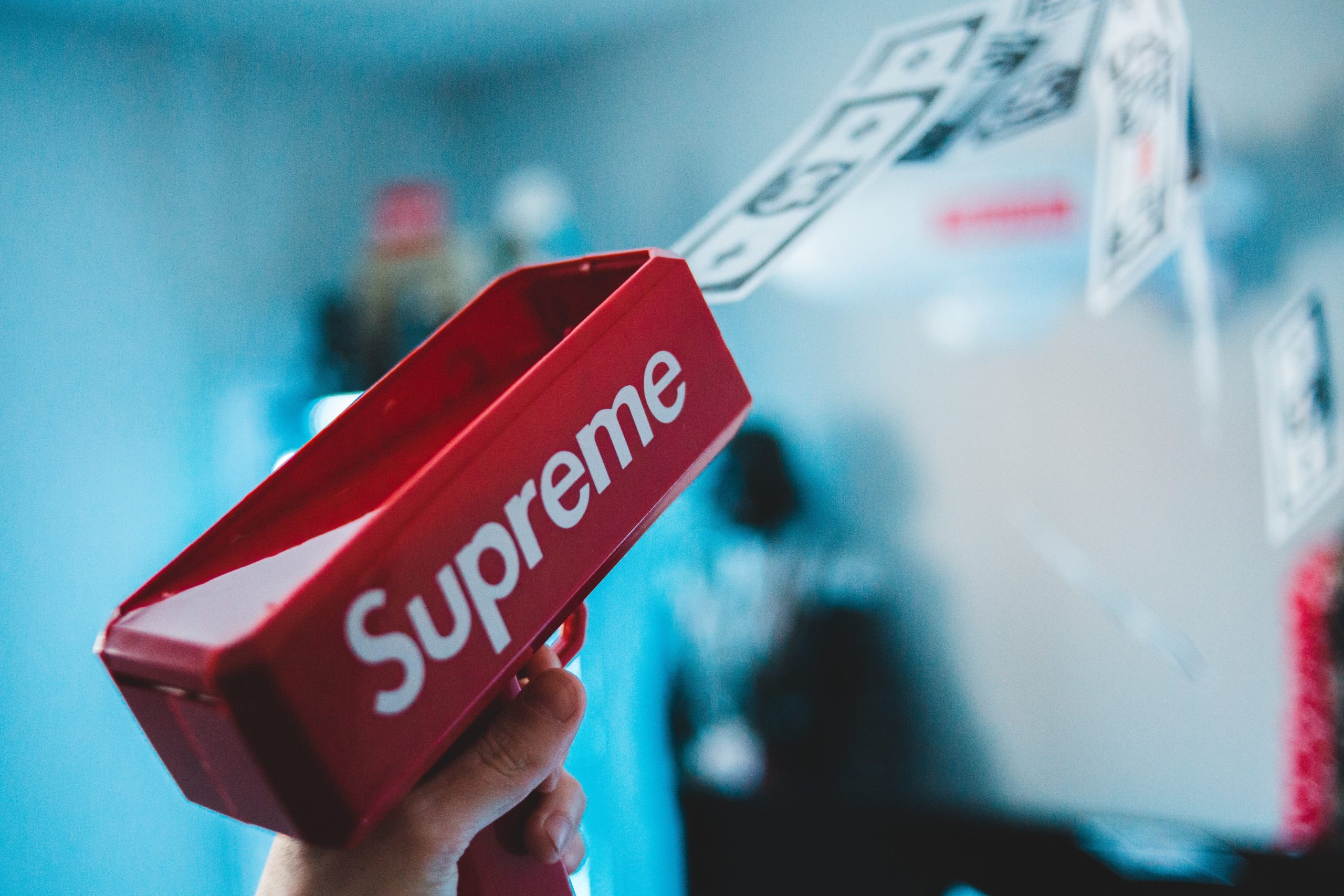It is fairly well-known that “fair use” is a defense to claims of copyright infringement. There is a similar “fair use” defense for trademark infringement. Of course, the legal doctrines and applications are quite different. With respect to fair use of trademarks, courts have created two categories generally referred to as classic fair use and nominative fair use.
What is Classic Fair Use?
Classic trademark fair use typically arises when the trademark is descriptive. As an example, in the case of Soweco, Inc. v. Shell Oil Co., 617 F. 2d 1178 (US Court of Appeals, 5th Circuit 1980), the plaintiff owned a trademark for the word LARVACIDE. The mark was originally registered in 1927 and was periodically renewed. In the 1970s, a subsidiary of Shell Oil Company (“Shell”) began selling two differently-trademarked products that were intended to kill fly larva and other insects that tend to breed around poultry and bovine farm stock. On the packaging, Shell indicated that the products were “larvicides.”
Despite the different spelling, Shell was sued for trademark infringement and defended on the grounds of fair use. Shell argued that it was NOT using the word “larvicide” as a reference to the trademark, but rather as a description of the product it was selling. This is an example of classic trademark fair use.
Legally, there are two elements that must be shown if one is to prevail on a classic fair use defense:
- The allegedly infringing term is used to fairly and in good faith describe the goods and services or their geographic origin and
- The use of the allegedly infringing term is not used as a trademark resulting in consumer confusion as to the commercial source of the trademarked product
In the Soweco case, the court held that Shell satisfied the elements of the trademark fair use doctrine. Shell used the term larvicide on its products as a true description of what the products were for — killing fly larva and other insects — and the term was not used prominently or in a manner that would cause consumers to be confused as between the plaintiff’s and defendant’s products. As an example, one of the Shell products was labeled as “Poultry Spray & Larvicide.” Also, as noted, the Shell products were themselves trademarked under separate and distinctive brands.
What is Nominative Trademark Fair Use?
Nominative trademark fair use occurs when a trademark is used to identify the trademarked product. For example, if one says: “I bought a Ford truck” or “I bought a Tiffany ring,” the trademarked terms are being used to identify — to name — the product and the brand. To use a trademarked term in this manner is nominative fair use and is allowed.
The same rule applies to other ways in which trademarked products are identified such as in media reports and advertising. For example, in the case of Volkswagenwerk Aktiengesellschaft v. Church, 411 F.2d 350 (9th Cir.1969), the court held that an auto repair shop was allowed to advertise that it repaired Volkswagen cars and to use the trademarked term “Volkswagen” and the trademarked abbreviation “VW.”
Legally, there are three elements that must be shown if one is to prevail on a nominative fair use defense:
- The trademark must be used to identify the product or service that is sold or provided by the owner of the trademark
- Only so much of the trademark or service is used as is reasonably necessary to identify the product or service and
- The user must do nothing that would, in conjunction with the mark, suggest sponsorship or endorsement by the trademark holder.
In the Volkswagen case, the repair shop satisfied this test. The repair shop did not claim to be affiliated with Volkswagen or that the shop was a dealer or sponsored by Volkwagen. Moreover, the shop only used the word “Volkswagen” and the VW abbreviation on a sign describing the cars it repaired, but did NOT use other elements of the trademark like Volkswagen’s distinctive lettering style, color scheme, or the full encircled VW logo. This was held to be “fair use” and, thus not an infringing use of the trademarked terms.
For more information or if you have questions about creating and registering a trademark, contact the trademark lawyers at Revision Legal at 231-714-0100.




